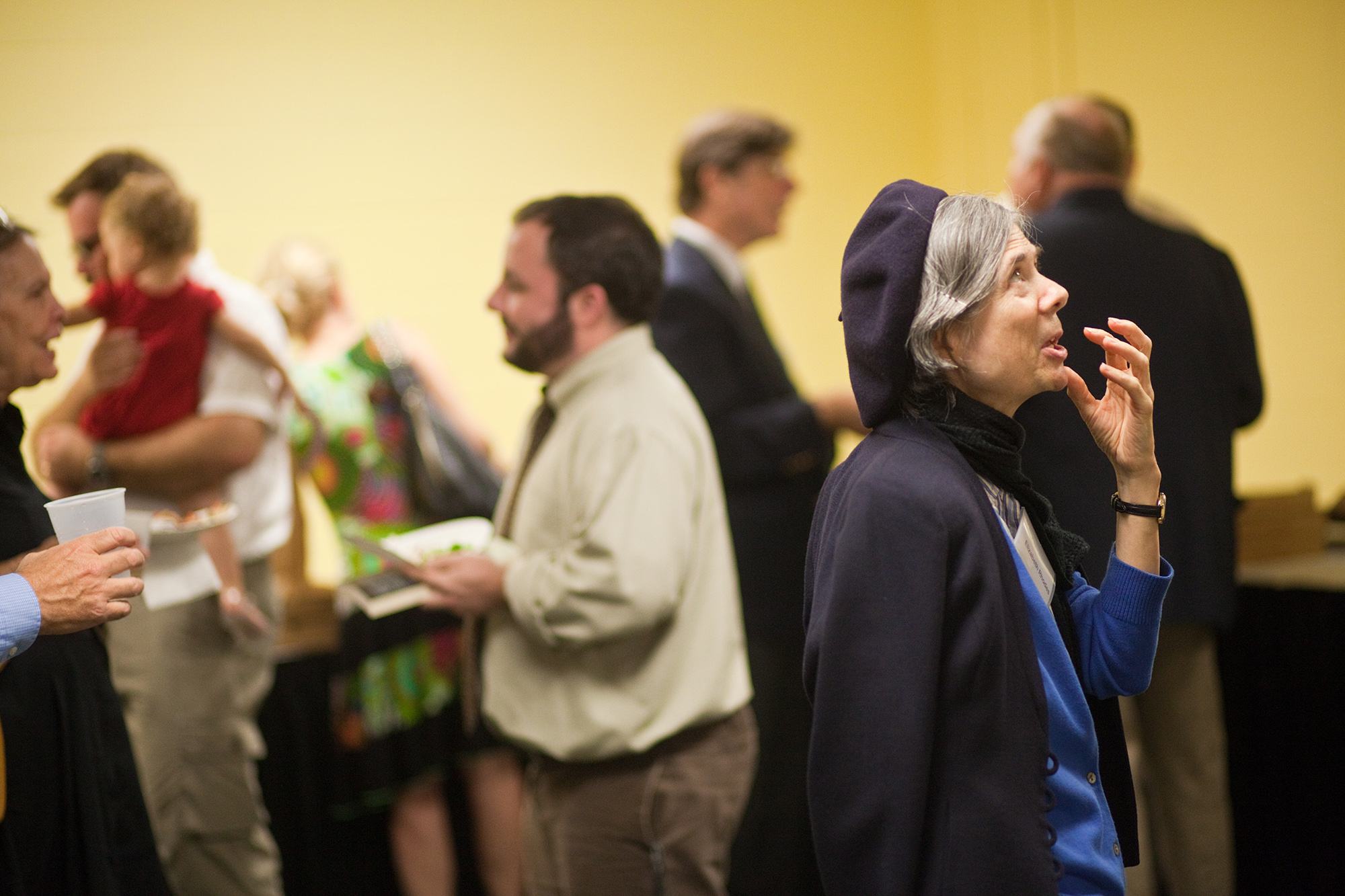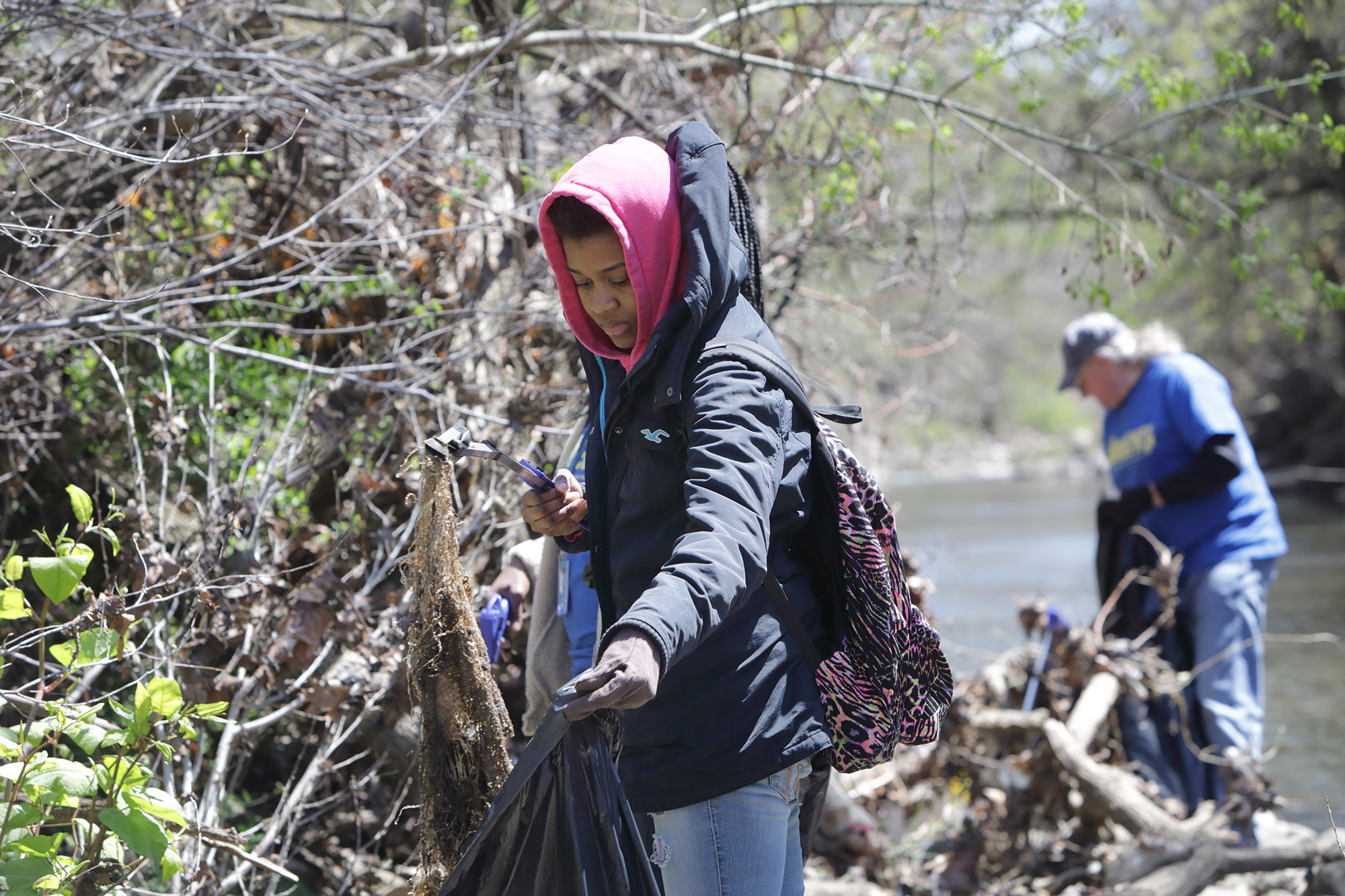Strategic Plan
The Yale Gordon College of Arts and Sciences
Strategic Plan – 2023 to 2026
Our Mission
To promote critical thinking, encourage innovation and discovery and enrich the intellectual
lives of our diverse community.
Through interdisciplinary and discipline-based programs in the arts, humanities, and social and natural sciences, the college offers visionary, integrative learning and teaching environments enhanced with rapidly evolving information and communication technologies. Our graduates learn to be reflective, skilled communicators, adept at addressing contemporary problems within an ethical framework and able to adapt to a changing world. Well prepared for the world of work, our students become broadly informed and deeply engaged in local, regional and world communities.
Our Values
In the Yale Gordon College of Arts and Sciences, we are bold and place specific value
on:
- People
- Engagement
- Impact

People
We value everyone and treat people with dignity and professionalism. We make room for those typically overlooked in the higher education system. We believe that empowering one another to speak up, take risks, and act on our shared beliefs will lead the way to a more creative, innovative, and inclusive future.

Engagement
We support being an engaged community where we embrace freedom of ideas, inquiry, and expression. We believe in engaging – our students, our staff, our community, and ourselves – in thoughtful research, experiential learning, and creative expressions. We believe we all achieve more when we collaborate and work together and will confidently share the good work we are doing with our community.

Impact
We know we make a difference – in the lives of our students and our community. Our community is empowered to think critically, solve creatively, and adapt to changing environments, setting us up to boldly shape the future we envision.
Our Areas of Focus
With our mission and values, we believe we can best achieve success by placing our
attention on three broad areas across the next three years. The Yale Gordon College
of Arts and Sciences will put emphasis on the following three areas of focus:
- Sustaining our strengths.
- Cultivating diverse and innovative communities.
- Focusing on future outcomes.
Sustaining Our Strengths
The YGCAS has a history of pursuing an interdisciplinary approach to teaching, which
facilitates student learning through the promotion of abilities in recognizing biases,
thinking critically, and navigating ethical dilemmas. CAS is an academic leader that
places high value on interdisciplinary programming and is well suited to foster an
integrative approach with its implementation of a flat organizational structure that
can break through some of the previously existing divisional walls. CAS will prioritize
increasing interdisciplinary thinking and directing its expertise and knowledge into
new venues to solve 21st century problems.
We will promote this area of focus by:
- Improving the unity and organization of the college in its new flattened structure
- Promoting both faculty and student creative work and research to broader audiences
- Seeking opportunities for interdisciplinary collaborations across classrooms, in research, and in offered degrees.
- Changing the narrative around liberal arts education and focusing on the economic mobility available to those pursuing our degrees.
Some measurable action items include:
- Reevaluate (and modify as needed) college policies and procedures to eliminate redundancies, conflicts and confusion.
- Increase use of college/university social media channels to promote faculty research and our collaborative experiential learning opportunities.
- Identify stackable credentials across disciplines and opportunities to streamline
time to degree.
Cultivating diverse and innovative communities
Our future success relies on our ability to foster a vibrant, diverse, and innovative
culture where every student, faculty, and staff member – as well as our local Baltimore
community – feels empowered to fully engage and contribute to our collective understanding
of the world. The YGCAS will continue to be a place where underprepared and underrepresented
students, who have often been overlooked in higher education, are welcomed and guided
towards paths for success.
We will promote this area of focus by:
- Being a vital community partner and resource for the Baltimore Metro area.
- Making higher education and economic mobility accessible for all.
- Promoting faculty engagement in their respective disciplines, as well as in the life of the college.
- Cultivating campus experiences to build an even more inclusive, equitable, and collaborative community.
Some measurable action items include:
- Identify and offer flexible course modalities.
- Expand community partnership opportunities through our Centers.
- Establish a teaching residency opportunity for minority candidates.
- Advocate for fair wages for adjunct faculty.
- Support grant initiatives among faculty.
- Host community events on campus.
Focusing on future outcomes
Both the landscape of higher education and the professional workforce for our students are changing. We will embrace these changes by focusing on future outcomes. We will steer clear of a narrowed focus on job training and chart our own trajectory into new markets. We will continue to focus on advocacy, social equity, information literacy, and social justice, while being adaptable to a changing world and workplace.
We will promote this area of focus by:
- Focusing on faculty development opportunities.
- Supporting creative co-teaching and research opportunities.
- Placing intentional emphasis on the fusion of humanistic approaches into tech-oriented programs.
Some measurable action items include:
- Explore, identify and develop digital badges and stackable certificates.
- Increase mental health initiatives for both students and faculty.
- Embrace and employ new technologies and artificial intelligence engines as opportunities to grow our research and work.
- Develop a committee to focus on faculty development opportunities.
Conclusion
As the University System of Maryland aims to transform and move from excellence to preeminence in its "Vision 2030" plan, we believe the college is already well ahead of this curve. By continuing to focus on our strengths—our people, our community, our programs—and further cultivating our diverse classrooms and community—we believe we are already focused on a future of growth and success.

